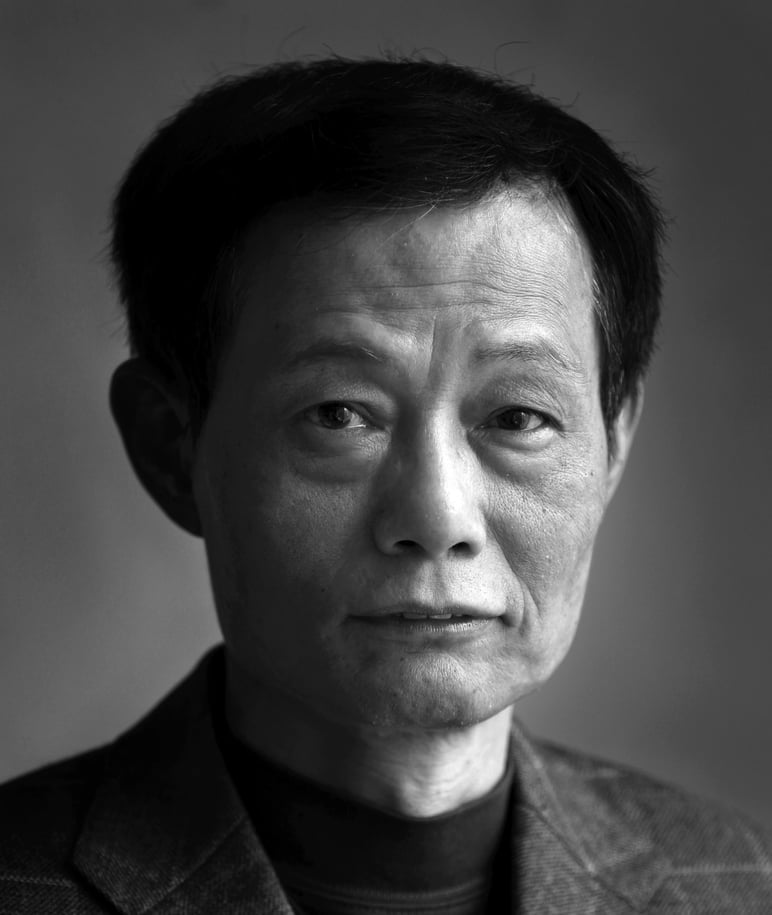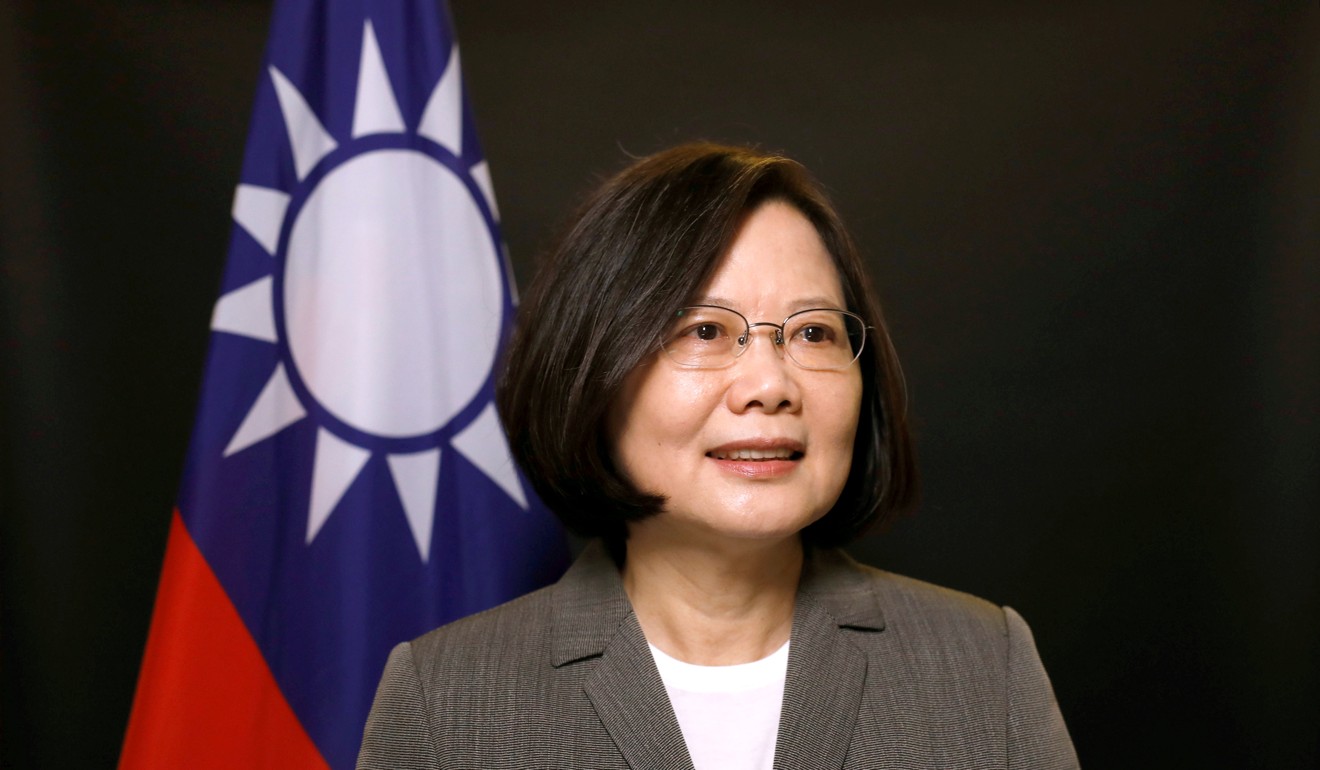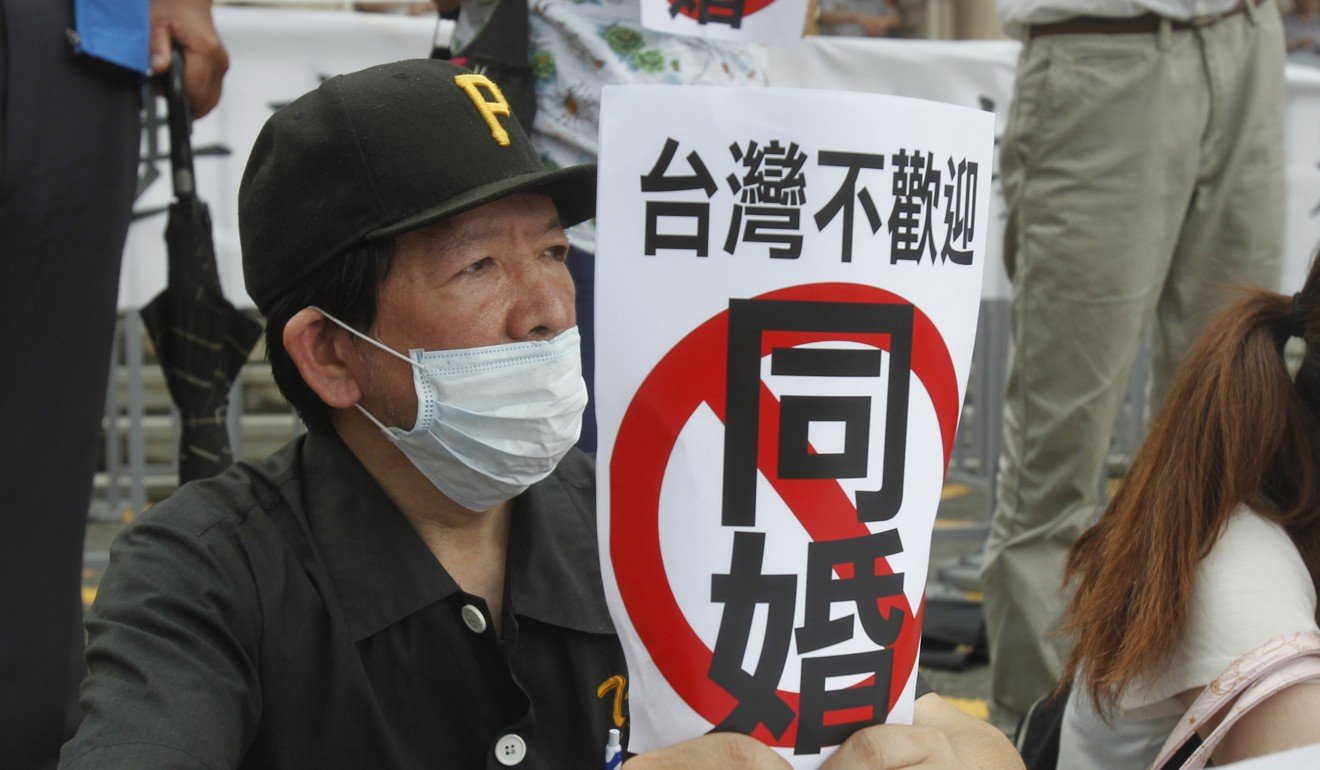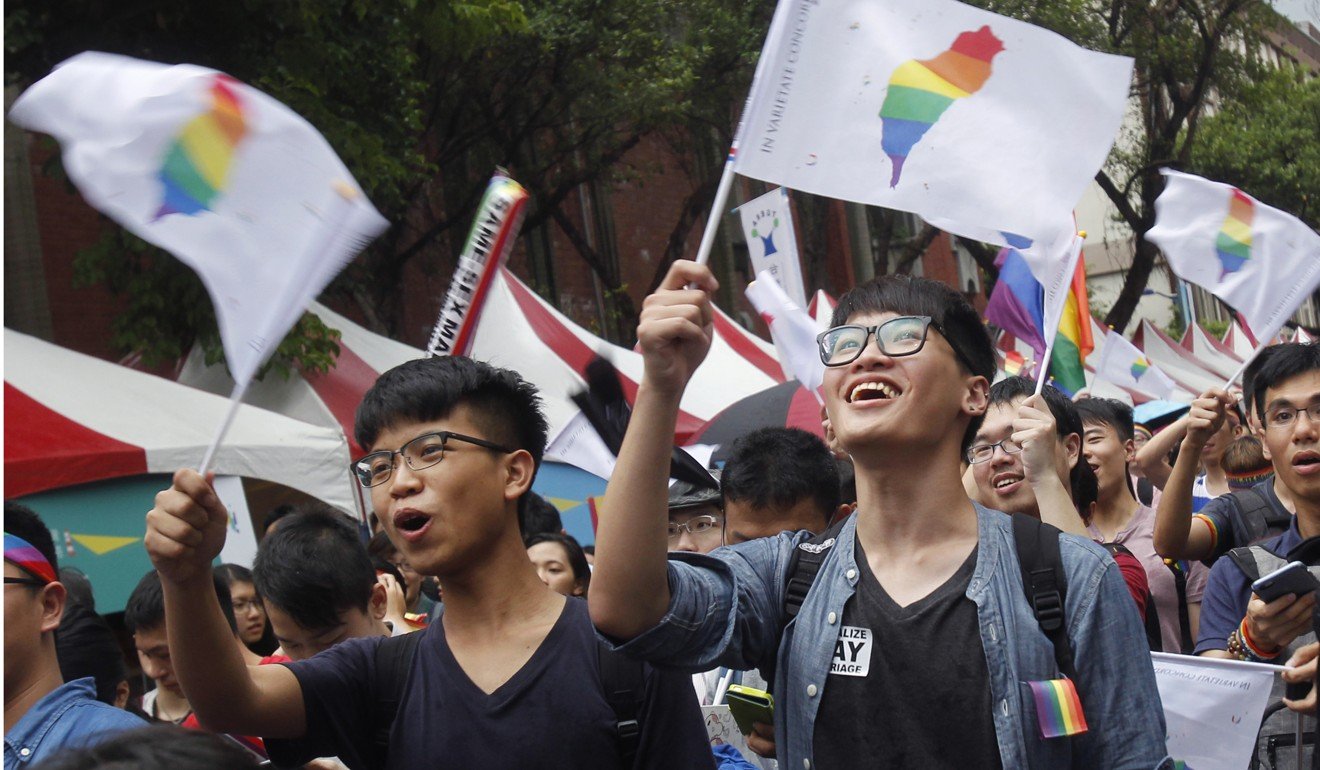
Taipei backs gay rights – how long before Beijing follows?
Taiwan may soon be the first place in Asia where same-sex couples can get married
The island’s Constitutional Court ruled on May 24 that laws limiting marriage to heterosexuals violated the constitution.
While Asian governments are making inroads for marriage equality, none have gone as far as Taiwan. The island has pioneered a large annual gay pride parade and its textbooks praise equality. Its first elected, non-dynastic female leader, Tsai Ing-wen, won election in 2016 on a gay friendly platform and since then has appointed liberal judges to the top court.

After decades of debate, the United Nations concluded that lesbian, gay, bisexual and transgender (LGBT) rights were universal human rights. Members of the LGBT community do not claim any “special” or “additional rights”; rather, they seek the same rights afforded to heterosexuals.
Equal marriage laws are on the books in 23 countries – mostly those of free democracies in Europe and North America – but not in Asia. One of the prevailing arguments against LGBT rights is that they are a Western concept incompatible with this region’s culture and values. Taiwan’s court ruling came just two days after a decision by the Hong Kong High Court in favour of a gay civil servant fighting for spousal benefits for his partner, whom he legally married overseas. The development might pave the way for the territory to legalise same-sex marriage.
Where will Indonesia’s anti-gay hysteria end?
The two cases show how much Taiwan and Hong Kong have in common. Both operate under political and social frameworks that differ to those on the mainland – there are openly gay and lesbian celebrities and there are frequent street demonstrations. The mainland, in contrast, works diligently to crush such displays.

On the mainland, many of the estimated 40 to 70 million gays and lesbians remain closeted, despite increasing acceptance of LGBT people in society.
Particularly during the Mao Zedong (毛澤東) era, homosexuality was considered a decadent and bourgeois practice, and gay men were arrested and publicly shamed or imprisoned. Homosexuality was only formally removed from the list of mental health conditions in 2001.
LGBT activists in China have become more outspoken in recent years. But Beijing remains hostile to any activism that promotes LGBT rights; the fear is that such rights are related to a wide range of other political rights, such as freedom of expression, belief, association, assembly, and religion, which are often ignored or sometimes squarely rejected by the government.
Taiwan's gay marriage ruling raises hopes across Asia

Taiwan’s top court has underscored the island’s well-established sprit of protection for human rights, personal freedom, dignity and equality; the separation of powers; judicial independence; and constitutionalism. On all these freedoms, mainland China lags far behind, despite its remarkable economic progress.
The landmark development has cemented the island as a liberal beacon for Asia, where people understand, tolerate and respect others with different opinions. It also underscores the credo that in a free democracy, human rights prevail – a concept which resonates across Asia. ■
Cary Huang, a senior writer with the South China Morning Post, has been a China affairs columnist since the 1990s

